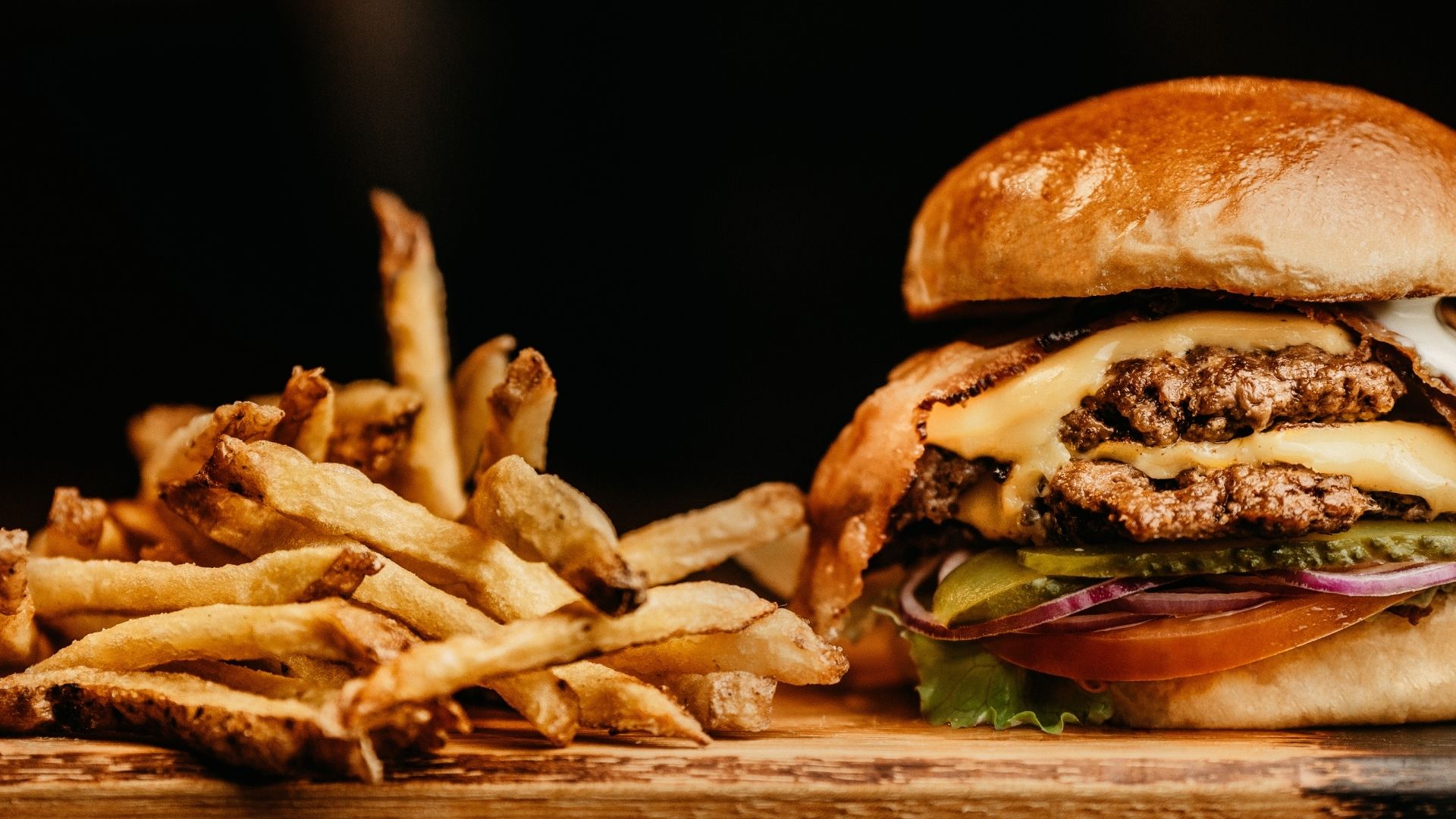If you frequently eat snacks or crave your special food then you must take notice of the state of mind and emotion. We all know that food is the primary source of energy and it impacts our mental and emotional well-being! However, Do we really implement this life principle to improve our well-being? Since childhood, we have heard of the term “Nutrients” and “ Balanced diet.” We might have implemented a strict diet plan with little success but we would have also found ourselves falling back to the bad food habits. I agree that for the complex and severe eating disorder we should seek medical intervention. However, shouldn’t we make a conscious effort to self empower our daily life by developing appropriate food habits!
If we learn to observe the impact of consumed foods and emotions then we can become aware of any inner conflicts. Research states that emotions do influence eating behavior in human beings. An excerpt of the research highlights the relationship between food habits and the state of emotion.
Most research reported a strong relationship between eating and negative emotions or stressful life events. Emotional eating occurs episodically and not on a regular basis; it is done secretively, is associated with different emotions in different individuals, and is characterized by the use of high-calorie or high carbohydrate food. Emotional eating has been found to be most frequent when people are alone when the meal is a supper or a snack, and when the meal is eaten at home compared to away from home. Studies consistently report that emotional eating is most often precipitated by negative emotions such as anger, depression, boredom, anxiety, and loneliness and often bears an episodic relationship to stressful periods of life.
The quality of food, as well as the way we consume our food, determines our mental and emotional well-being. If we eat food due to the influence of negative emotions then we will reinforce a compulsive habit in our life. Moreover, in those situations, our body will be unable to absorb all the essential nutrients. So, what can we do to prevent becoming a victim of emotional eating!
Firstly, we need to be a watch guard between vitality and food. According to research, foods, particularly high-fat and high sugar ones, may possess addictive qualities. The pleasantness that we derive from food makes us dependable on certain foods as the solution to our mental and emotional conflicts. Therefore, it restricts us to develop appropriate dietary habits. A joyful and calm mind reflects high vitality. The more we explore the range of food items and their impact on our vitality, the more we gain knowledge about the need for nutrients and a balanced diet.
Secondly, we should supplement our healthy food habits with any relaxation techniques in our lifestyle. This action ensures that we include the right tools for our emotional and mental well-being. If we become mindful of our food habits, we can take the necessary preventive measures to improve our well-being.
Our food habits can become a bottleneck for our well-being. However, by being mindful of our food habits and its influence on vitality, we can certainly empower our lives with better productivity.


